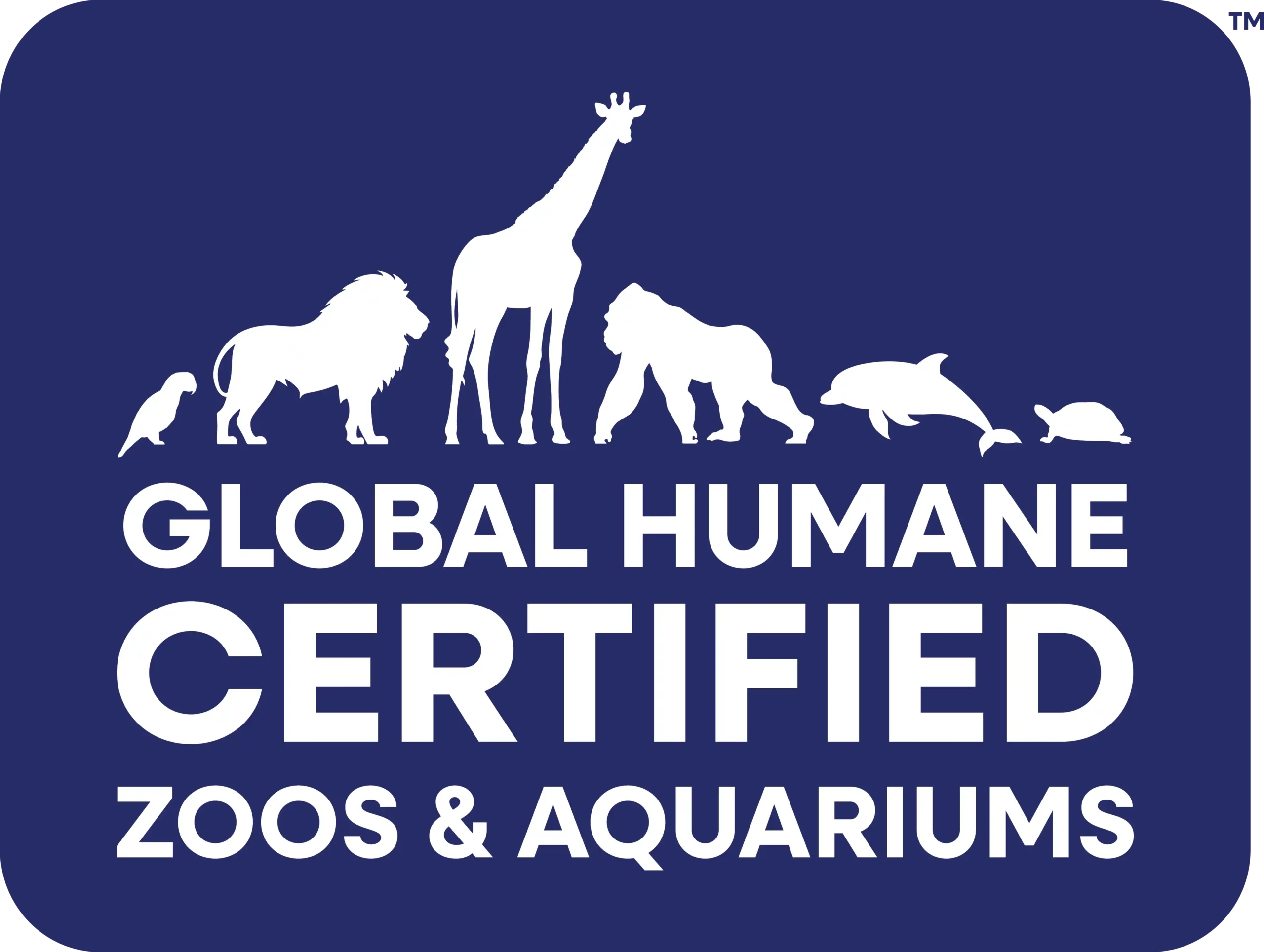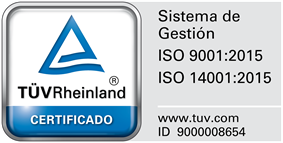The draft law on animal welfare of the deputy Cédric Villani (member of the Ecology, Democracy and Solidarity Group, EDS) was not passed during the public session held last Thursday, October 8.
The French deputies did not reach a consensus and around midnight when no agreement was reached, the text (already largely modified in the National Assembly’s Economic Affairs Committee) could not be voted on (with the exception of the first article), as indicated in the rules of procedure, due to the numerous amendments the draft received, and the criticism of its content.
A lively debate took place in the Chamber, but the Villani draft law was not voted on. “Like Cinderella’s carriage, at midnight the bill will disappear,” Villani observed a few minutes before the end of the meeting, in a speech in which he expressed his disappointment at not achieving his goal.
Villani knew this from the beginning and said so, complaining about the handling in the Economic Affairs Committee: “I know how unsatisfactory the text resulting from the work of the Economic Affairs Committee is. I have accepted it publicly. However, important progress has been made: the aim of keeping wild animals in unsuitable conditions and the end of mink breeding for their fur. It is important for me, and especially for the welfare of these animals, that these advances are adopted today, that they are improved and enriched during the parliamentary debate.
Everyone, inside and outside this Chamber, knows of our commitment to this issue. For the sake of animal welfare itself, we invite all the rapporteurs to be as concise as I am, so that we adopt at least, within two hours, the text resulting from the committee’s work. As our discussions are public, everyone will be able to judge the support given and the goodwill of each one. (Applause in the seats of the ESD group and in some of the seats of the LaREM group. Mr Pierre-Yves Bournazel also applauded).
But Villani’s wish did not come true: the only point on which there was agreement concerned the possible creation of a commission to evaluate and monitor the existing regulations on animal status.
Number of voters 94
Number of votes issued 87
Absolute majority 44
For adoption 63
Against 24
(Article 1 is adopted)
The debate
The representatives only had the end of the evening to discuss the animal conditions, and the session had to be suspended at midnight. A quick review of many issues, which could only be briefly sketched. The members of the ESD group made no secret of their annoyance at the proliferation of amendments and speeches on topics not covered in the text, such as ritual slaughter: “We saw how long the debates lasted and we saw all the entanglements that were made for it (…), said Mr Villani. What image of efficiency do we give to a society that expects Parliament to debate properly?”
And its objective, the Animal Protection Act, received all kinds of additions. It has been called into question because it mixes and generalises all conditions and situations relating to wildlife: it was criticized by the defenders of livestock breeding, zoos, hunting as a tradition and biodiversity.
Already largely rewritten in the Economic Affairs Committee a week earlier, and stripped of its articles on intensive breeding and the banning of certain hunts, the text proposed including in the law a ban on the presence of wild animals in circuses, as well as an end to mink breeding for their fur. Two provisions that the government had included a few days earlier, during the announcements made by the Minister of Ecological Transition, Barbara Pompili, on 29 September.
The discussions showed that the issue of animal welfare is of interest. On the side of the opponents of the text, the key words returned with insistence: “ancestral practices” to designate certain traditional hunts, “humanism” as opposed to anti-speciesism, or “economic interests” accused of orienting the spirit of the text, alluding to the commitment of several business leaders, among them Xavier Niel (individual shareholder of Le Monde), in a shared initiative referendum project on animal conditions. Pascal Brindeau (UDI) accused the L214 association of “spamming” his letterbox.
Representatives and ministers who participated in the debate of the National Assembly on October 8
Mme la présidente de séanceM. Cédric Villani, rapporteur cion aff. éco.Mme Bérangère Abba, ministreDiscussion générale
- Mme Yolaine de Courson
- Mme Aurore Bergé
- M. Julien Dive
- M. Fabien Lainé
- M. Hubert Wulfranc
- M. Dimitri Houbron
- M. Thierry Benoit
- M. Bastien Lachaud
- M. François-Michel Lambert
- M. Dominique Potier
- M. Nicolas Meizonnet
M. Cédric Villani, rapporteur cion aff. éco.Discussion des articles
- Article Premier
- M. Arnaud Viala
- M. Pierre-Yves Bournazel
- M. Pascal Brindeau
- Mme Caroline Fiat
- Discussion des amendements
- Suspension
- M. Cédric Villani, rapporteur cion aff. éco.
- Mme Bérangère Abba, ministre
- Mme la présidente de séance
The video of the National Assembly
If you click on each name in the video, the statement will appear.
http://videos.assemblee-nationale.fr/video.9628862_5f7f6dea67859.3eme-seance–conditions-de-vie-des-animaux–8-octobre-2020











